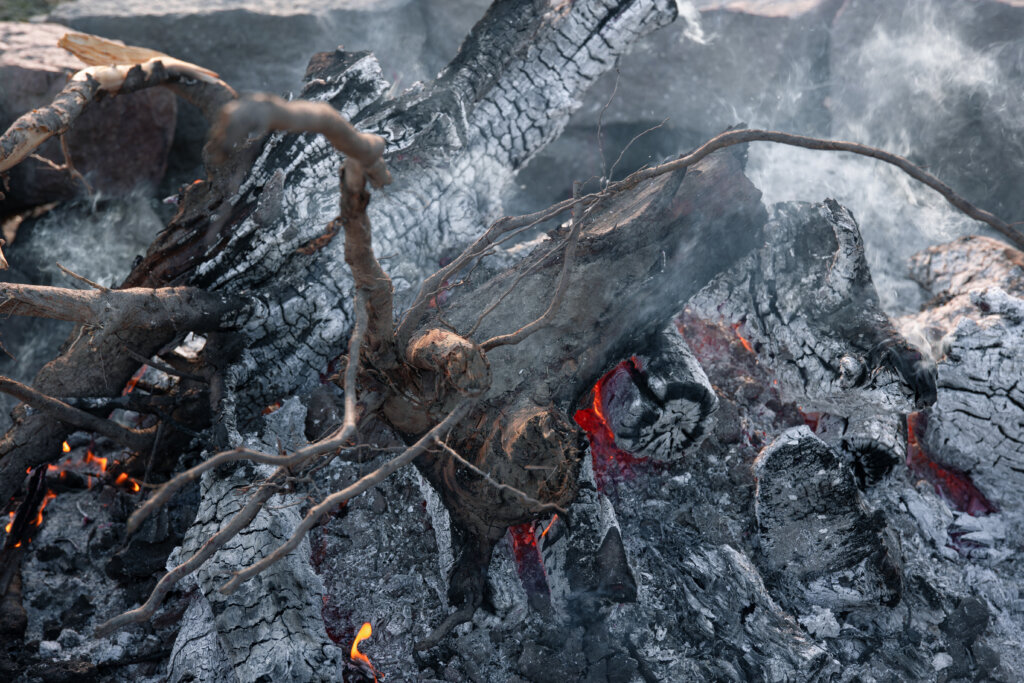
In the aftermath of the devastating wildfire that struck Lahaina, Hawaii, on August 8, 2023, the resilience of the local community is being tested as tourists return to the west side of Maui.
While economic revitalization is a welcome prospect for the region, the challenges faced by residents dealing with the trauma of the wildfire and the subsequent housing crisis are coming to the forefront.
Tourism Resurgence in West Maui
Despite the destruction in Lahaina, tourists are gradually returning to Maui’s west side.
The economic importance of the tourism industry prompted the governor and mayor to invite visitors back, aiming for an economic boost during the year-end holidays.
However, the return of the tourism industry poses unique challenges for residents grappling with personal loss and the slow recovery process.
Housing Crisis and Protests
The aftermath of the wildfire has left many residents without long-term, affordable housing, exacerbating tensions. Evacuees, including those employed in the tourism sector, are protesting the lack of housing solutions, with demonstrations taking place around popular tourist areas such as Kaanapali.
The slow progress in cleaning up toxic debris in Lahaina adds to the complexity of the situation.
Impact on Tourism Workers
The return of tourists to West Maui is a double-edged sword for those employed in the hospitality industry.
While some hotels are housing fire evacuees, others have started to welcome tourists back, putting workers in a difficult position. Many employees, like Katie Austin, find it emotionally challenging to serve visitors while dealing with personal losses.
The Need for Long-term Solutions
As Maui grapples with the aftermath of the wildfire, calls for long-term, affordable housing solutions are growing louder.
The lack of a comprehensive plan for disaster recovery and housing challenges highlights the need for proactive measures to support both residents and the tourism industry.
Navigating Tourism Challenges Amidst Natural Disasters
Experts, including Chetikan Dev of Cornell University and Andreas Neef of the University of Auckland, emphasize the need for destinations to incorporate disaster management into their business planning.
Suggestions include promoting organized voluntourism and allowing tourists to contribute to community recovery efforts rather than simply engaging in leisure activities.
Impact on Visitor Numbers
The confusion surrounding whether visitors should return to the affected areas has led to a decline in visitation. Lisa Paulson, Executive Director of the Maui Hotel and Lodging Association, attributes the drop in numbers to mixed messages in national and social media.
This decline affects not only West Maui but the island as a whole, impacting the broader tourism industry.
The Role of Compassionate Tourism
Amidst the challenges, there’s a call for tourists to approach their visits with compassion and empathy.
Amory Mowrey, Executive Director of Maui Recovery, urges visitors to consider the impact of their presence on a community still reeling from trauma. Conscious and respectful tourism can contribute positively to the recovery process.
ESTA and Responsible Tourism
For tourists planning visits to Maui in the aftermath of the devastating wildfires, the Electronic System for Travel Authorization (ESTA) plays a pivotal role in ensuring a seamless entry under the Visa Waiver Program.
Beyond the logistical convenience, it becomes an opportunity for conscientious tourism. Tourists can proactively educate themselves about the recent events in Maui, particularly the challenges faced by residents in the affected areas.
As part of responsible tourism, travelers can demonstrate empathy and respect for the local community by avoiding intrusive questions, acknowledging the trauma, and supporting local businesses.
By aligning their behavior with the principles of ESTA and the Visa Waiver Program, tourists contribute to the island’s economic and emotional recovery.
This approach fosters a more compassionate and mutually beneficial connection between tourists and Maui residents during these challenging times.
In conclusion, as Maui strives to recover from the wildfire’s aftermath, a balance must be struck between economic revitalization and the well-being of its residents.
Proactive measures, including addressing the housing crisis and promoting responsible tourism, are essential for the sustainable recovery of both the local community and the tourism industry.

